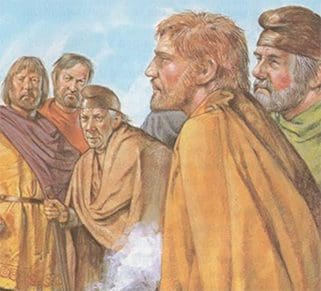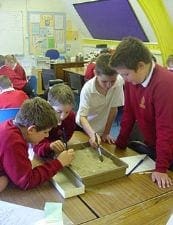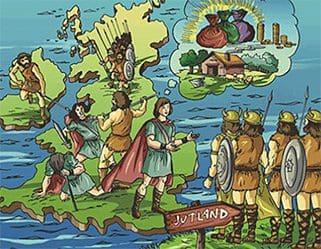
Having seen so many Key Stage 2 history policies that nobody on the staff ever refers to, it seemed pretty futile to add to the list! Policies are such personal things anyway: most schools have their own unique approach, and I don’t want to trespass on that. Instead I want to steer you away from lengthy and worthy lists of what history might offer the children at Key Stage 2, towards a more pragmatic agreement, made with the staff, outlining what SHALL be done in the name of history.
Experience has shown me that there are perhaps FOUR key areas that your policy needs to pay particular attention to.
1. The nature of history
Too many schools simply lift statements from the National Curriculum Orders for history. Whilst there is nothing wrong in that, it hardly packs a punch. I much prefer those policies which say on the one hand







